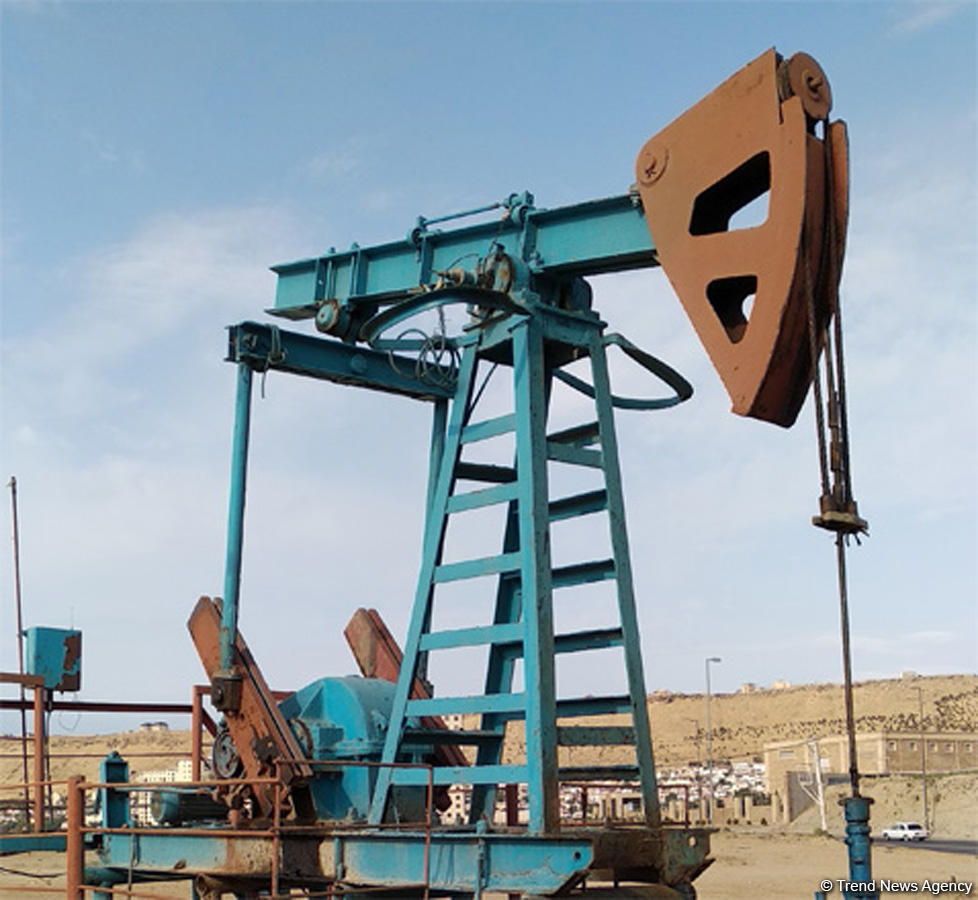
The first journey of the state-of-the-art fleet of hydrogen buses was launched with much fanfare, but after that things started to go wrong On May 15 2023, the Liverpool City Region took what was described as a 'huge step forward' in its public transport revolution, or at least that was the hope. That date marked the first journey for a new fleet of state-of-the-art, publicly owned, zero-emission hydrogen buses that had been purchased by the region's Combined Authority (CA) the year before. Twenty of the strikingly yellow vehicles were bought, primarily to run on the busy 10a route between St Helens and Liverpool city centre .
For Metro Mayor Steve Rotheram, that first journey - for which he was on board - marked a key step in his mission to create a London-style, integrated transport network in the city region, a key priority for his time in office. He labelled the day of the first journey as 'momentous', heralding a 'gold-standard' of public transport. But while it was all smiles on launch day, the hydrogen buses have been beset by problems since that point, spending large portions of time entirely off the road.

You may have seen them parked up outside conferences and events, but chances are, you probably haven't seen them carrying passengers anytime recently. As things stand, all twenty are being stored at depots around the region. The ECHO has been trying for some time to get a clear picture and answers as to what has gone wrong and the combined authority has now answered our many questions, giving an indication of what has taken place.
The buses were bought in 2022 for a total of £10m, with money secured from the government's Transforming Cities Fund, which was aimed at improving productivity by investing in public and sustainable transport infrastructure in English cities. Delivery of the new vehicles was taken the following year, with their initial introduction into passenger service beginning on that heralded day in May 2023. The CA has confirmed that since that first journey, the fleet of hydrogen buses have completed just 450 passenger-carrying journeys in the region, totalling nearly 9,000km.
So what went wrong and why have they spent so much time off the road? Well the CA says that the initial roll-out of the fleet was initially delayed due to 'significant issues with global hydrogen supply.' But there were further complications once a more steady supply was found. A spokesperson said: "Although we can confirm that a regular supply of green hydrogen fuel has now been secured, some technical issues attributable to the interruption of hydrogen fuel have meant they have had to be temporarily withdrawn from service.
There has been no inconvenience to passengers, although unfortunately, this has further delayed the rollout of the vehicles." At present, the buses are undergoing battery refit and software upgrades, which the CA points out are happening at 'zero cost' to the authority or the local taxpayer. If you are wondering exactly where the shiny new buses are right now, well they are being stored by the manufacturers Alexander Dennis Limited at their facility in Anston and at Stagecoach’s Gilmoss depot.
Once these upgrades have been completed, the CA anticipates that they will be able to re-enter service, adding: "Although there may be a period of driver training over the coming months, we do not anticipate any disruption to passengers or timetables." It appears clear now that when it comes to the future of buses in the city region, the emphasis will be on electric rather than hydrogen. Just this year the CA has ordered more than 100 fully electric buses.
So was hydrogen a failed experiment? Well Mayor Rotheram's opponents certainly think so. Commenting on our findings, Liverpool's Liberal Democrat leader Cllr Carl Cashman gave a withering verdict. He said: "In an age where hydrogen supply depends on global factors it’s a pretty stupid move to try to bring in hydrogen buses.
"Decarbonising the bus network is essential but there’s better ways to do it, such as electric buses. Rather than step forward, this is actually a massive step backwards and Liverpool is once again left behind other major cities because of our unimaginative politicians. "These buses, previewed typically by the metro mayor with a photo op, have turned out to be nothing but hot air.
Typically the combined authority dance around the answers too." Cllr Cashman added: "They’ve said that the none use of these buses hasn’t affected passengers. So does travelling on an old worn out bus with dirty seats not count as an effect? Does our taxes going to pay for a nonsense hot air scheme not count as an effect? The City region really does deserve better.
" Hitting back, a city region Labour source said: "The Liberal Democrats have demonstrated yet again that they are more interested in soundbites than solutions. They have managed not only to misrepresent the facts but also underestimate the ambition and commitment of our city region to lead the way on net zero. “Let's be clear: decarbonising transport isn’t just a ‘priority’ for us—it’s a necessity.
Our hydrogen bus trials represent just one part of a multi-pronged strategy to deliver a cleaner, greener future for the Liverpool City Region. The issues faced by our hydrogen buses, caused by global supply chain issues, are hardly unique to our region. “Alongside these hydrogen buses, we’ve committed to 100 fully electric buses, and launched the country’s first publicly owned trains in decades.
This isn’t hot air; it’s tangible action. “What’s really ‘unimaginative’ is the Liberal Democrats’ narrow view of progress. While they mock the challenges of innovation, we are working tirelessly to ensure our transport network and wider region is fit for the future—be it hydrogen, electric, or tidal-powered.
This isn’t just about improving our infrastructure; it’s about creating jobs, cutting emissions, and ensuring no community in our region is left behind. The source added: “Steve Rotheram’s record speaks for itself: hundreds of millions invested in transport, brand new train stations, and taking back control of our buses to build a truly integrated network. The Lib Dems can choose to ignore that success if they wish, but the people of our region won’t – as their party’s poor fourth place showing in May’s election demonstrates.
Our people deserve better than cheap jibes—they deserve workable solutions, and that’s what Labour in the Liverpool City Region is delivering." Speaking more widely about the Combined Authority's vision for buses, which includes moving to bring all services back under public control, a CA spokesperson said: “More than 80% of public transport journeys in the city region are taken by bus. They are the backbone of the Liverpool City Region transport network and key to Mayor Rotheram’s vision of an integrated London-style transport network and the hydrogen buses are supplementary to the electric fleet the Combined Authority is purchasing as it takes back public control of the public transport system.
“Work is ongoing to decarbonise the region’s bus network, and the purchase of more than 100 new fully-electric buses – announced earlier this year – will help deliver on this ambition, with further procurement to be announced shortly. Once operational we expect that the hydrogen vehicles will also form part of the region’s zero-emission bus fleet.”.










